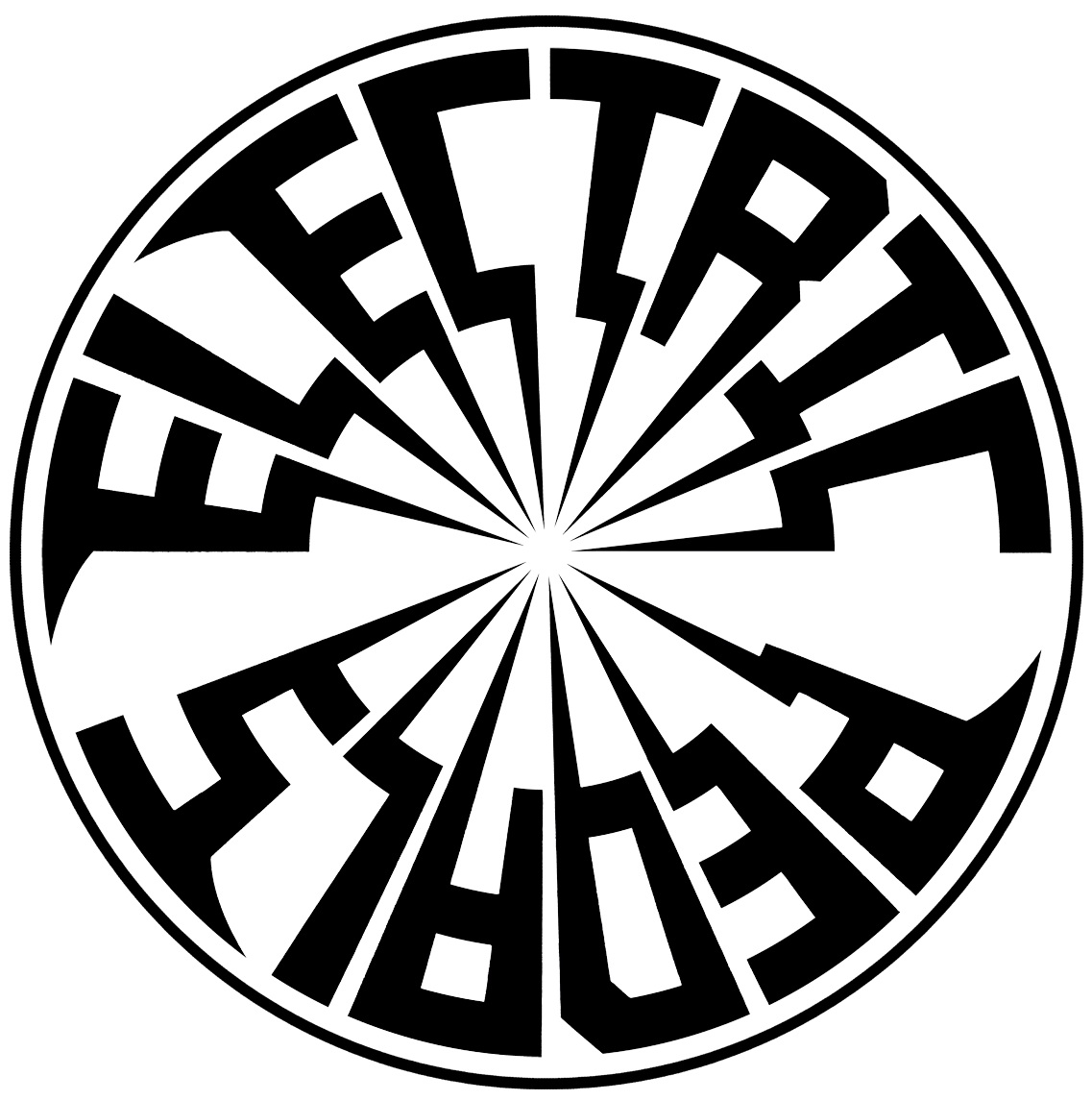Challenging BT Staff about the true cost of 'plugging in'
Over the past few years we've developed an exciting workshop to help people understand the true cost of the energy consumed by everyday objects in our homes. We took our 'PlugOut' workshop to British Telecom offices in London and Ipswich to engage their staff about the consequence of plugging in.

It's somewhat understandable that many people don't fully comprehend the true cost of plugging into the wall. Energy in the form of electricity is everywhere; in our homes, workplaces, we even carry it around stored in batteries. But what if we were suddenly separated from this energy artery that is so vital to our existence? What is the true cost of plugging into the wall? With the increasing cost and demand for natural resources, at what point do we really have to take energy consumption seriously?
Using our PlugOut workshop (the term PlugOut was orginally coined by DoTheGreenThing) we set BT staff the task of ranking a number of home appliances in order of their power consumption. It's really not as easy as it sounds, for example what consumes more energy; an electronic photo-frame or hair straighteners?
It's always fascinating to then measure the amount of energy an individual can generate with their own body and compare that to the power required by everyday appliances. Many people are very surprised to see that they can only generate a fraction of the energy required to boil a kettle or heat their homes... Imagine having to pedal everyday to supply your own energy?
We had a brilliant day with BT staff and they were really up for getting involved, as an organisation we admire them for taking on the task of educating their workforce about energy. Veronica O'Hanlon, who is the Project Manager for Energy & Carbon for BT commented: "BT takes energy saving very seriously – we are a major energy user across the world and have a big responsibility to society and the environment to cut our carbon footprint. We have over 90,000 people working for BT and if all those people took small steps to reduce how much energy they use at work, then it will add up to make a big difference. So it’s really important that we engage and educate our employees on the importance of stopping energy waste. Hopefully by increasing their awareness, they’ll not only change their behaviours at work but also at home too – and spread the energy saving message to their friends and family."
Our PlugOut workshops are proving more and more useful in educating people on the true cost of 'plugging in', not just the environmental consequences, but also from the simplistic view of just how much energy it takes to switch on every day the everyday appliances we all take for granted.



